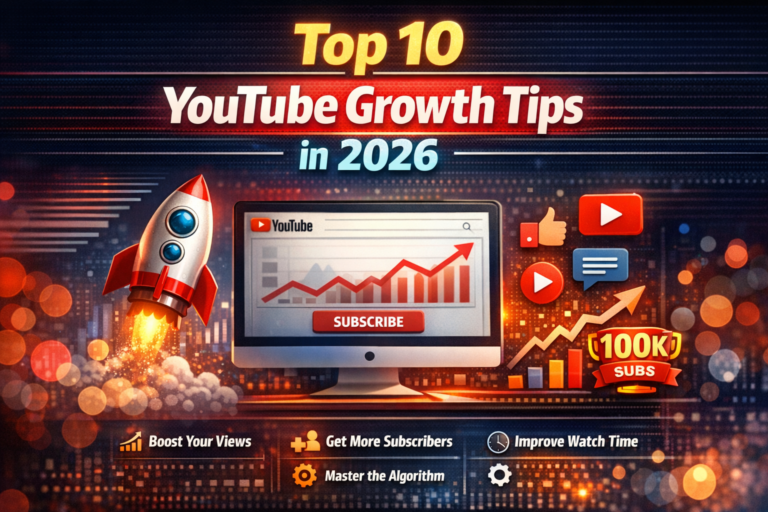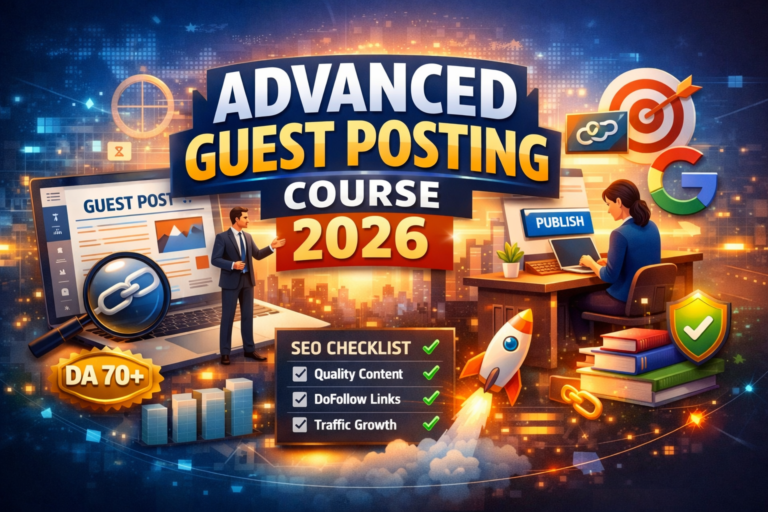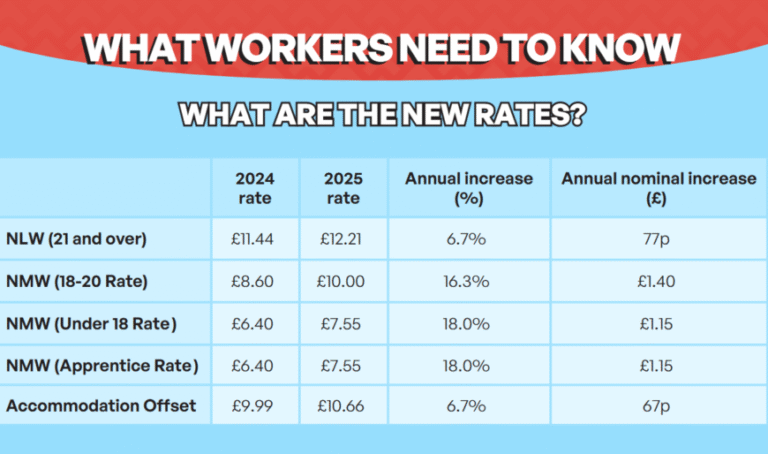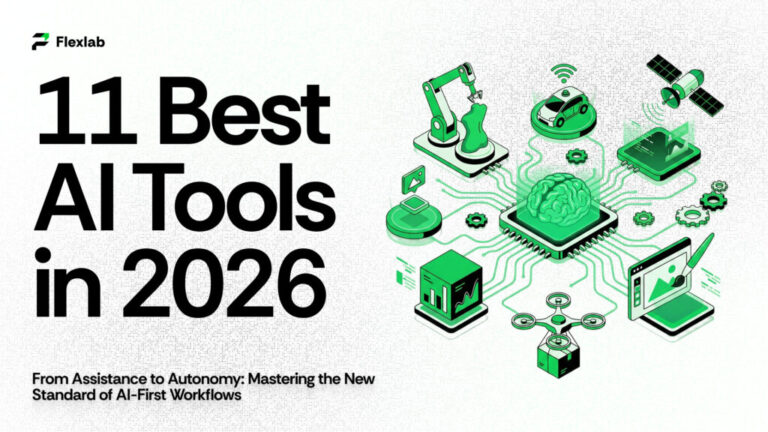Affiliate Marketing Without Social Media: A Beginner’s Guide to Earning Smart in 2025
Affiliate Marketing Without Social Media: A Beginner’s Guide to Earning Smart in 2025
📌 Introduction
Affiliate marketing is one of the most accessible online income streams today. But what if you’re not a fan of TikTok trends, Instagram reels, or endless tweeting? Can you still build a successful affiliate business without social media?
Yes, absolutely.
In fact, many affiliate marketers earn full-time incomes using alternative platforms—without posting a single selfie or viral dance. In this guide, you’ll learn proven strategies to do affiliate marketing without social media, even as a beginner in 2025.
✅ What is Affiliate Marketing?
Affiliate marketing is a business model where you promote other people’s products and earn a commission every time someone buys through your referral link.
-
You don’t need to create your own product.
-
You don’t handle customer support or shipping.
-
You earn a percentage (typically 5–50%) per sale.
All you need is an audience and a platform to reach them—which does not have to be social media.
🚫 Why Avoid Social Media?
While social platforms are useful for some, many people avoid them for reasons like:
-
Time-consuming content creation
-
Constant algorithm changes
-
Low organic reach without paid ads
-
Privacy concerns
-
Burnout and mental fatigue
So if social media isn’t your thing—no worries. There are still plenty of high-converting channels to promote affiliate offers.
🔥 Top Methods to Do Affiliate Marketing Without Social Media
Here are 8 powerful ways to succeed in affiliate marketing without relying on social media.
1. Create a Niche Blog or Website
Why It Works:
A niche blog allows you to rank on Google for search terms people are actively typing in—this is called SEO (Search Engine Optimization) traffic.
How to Do It:
-
Choose a specific niche (e.g., hiking gear, productivity apps, pet grooming).
-
Write helpful blog posts like:
-
Product reviews
-
“Best of” lists (e.g. Best Laptops for Students in 2025)
-
How-to guides and tutorials
-
-
Insert affiliate links naturally within the content.
Tools:
-
WordPress + Elementor (website builder)
-
RankMath or Yoast SEO (for optimization)
-
Hosting from SiteGround or Bluehost
✅ Example: A blog post titled “Best Budget Laptops for Remote Workers” could include Amazon affiliate links to top-rated devices.
2. Use Email Marketing
Why It Works:
Email is still one of the highest-converting marketing channels. Unlike social media, you own your email list.
How to Do It:
-
Offer a free lead magnet (e.g., eBook, checklist, template) in exchange for emails.
-
Send weekly emails with:
-
Educational content
-
Affiliate product recommendations
-
Exclusive deals
-
Tools:
-
ConvertKit or MailerLite
-
OptinMonster or Thrive Leads (to create forms)
✅ Example: “7 Productivity Tools That Helped Me Save 10 Hours a Week” – with affiliate links inside the email.
3. Start a YouTube Channel (Optional)
Yes, it’s technically social media—but YouTube works more like a search engine, and you don’t have to show your face. Many successful affiliates use:
-
Screen recordings (for software)
-
Slideshows with voiceover
-
AI-generated videos
YouTube videos can rank on both YouTube and Google and keep earning for months or years.
4. Use Medium or Other Blogging Platforms
If you don’t want to build a website from scratch, use platforms like:
-
Medium
-
Substack
-
Vocal Media
-
HubPages
Write high-quality articles and include affiliate links where allowed.
🔍 Tip: Check each platform’s affiliate policy to stay compliant.
5. Create Niche PDF Guides or eBooks
Write a downloadable PDF that solves a specific problem or offers a tutorial and embed affiliate links in it.
Distribute it via:
-
Free directories
-
Forums
-
PDF-sharing sites like SlideShare or Scribd
-
Your email list or website
✅ Example: “Beginner’s Guide to Budget Travel – With Tools and Deals”
6. Promote on Niche Forums and Communities
You can drive targeted traffic from:
-
Reddit (subreddits like r/Entrepreneur, r/Productivity)
-
Quora (answering relevant questions)
-
Specialized forums (e.g., Warrior Forum, StackExchange)
⚠️ Don’t spam your links. Be helpful first. Add value, then offer your guide or blog post (which includes affiliate links).
7. Use SEO + Low Competition Keywords
Instead of trying to go viral, you can rank for long-tail keywords with low competition.
Example Keywords:
-
“best wireless earbuds under $50 in 2025”
-
“how to start affiliate marketing without Instagram”
-
“top free project management tools for freelancers”
Use tools like:
-
Ubersuggest
-
LowFruits.io
-
Google Keyword Planner
8. Run Targeted Paid Ads (Optional Advanced Strategy)
If you have a budget, consider using:
-
Google Search Ads
-
Native ads (Taboola, Outbrain)
-
Solo ads (email list rentals)
Promote a landing page with your affiliate link or an email opt-in, not direct product pages (to comply with most ad platform rules).
💡 Best Affiliate Programs to Promote (No Social Required)
-
Amazon Associates – physical products
-
ClickBank – digital offers (e.g., weight loss, self-help)
-
PartnerStack – B2B software tools
-
CJ Affiliate – major retail brands
-
Impact – beauty, fashion, tech, and more
Choose programs that:
-
Fit your niche
-
Offer decent commissions
-
Have a strong product landing page
✅ Pros of Doing Affiliate Marketing Without Social Media
| Benefit | Description |
|---|---|
| Focus | No distractions from scrolling or notifications |
| Evergreen | Blogs, emails, and SEO traffic last longer than a social post |
| Privacy | No need to show your face or share personal life |
| Control | You own your website, list, and strategy |
| Less Saturation | Many creators focus only on Instagram or TikTok |
🚫 Mistakes to Avoid
-
Spamming forums or comment sections
-
Direct linking without building value first
-
Ignoring email list building
-
Chasing trends instead of building evergreen content
👏 Conclusion
You don’t need to be a social media influencer to win at affiliate marketing. By focusing on value-driven platforms like blogs, email, and SEO, you can build a profitable and sustainable income stream—with or without a TikTok account.
Whether you’re camera-shy, tired of the algorithm game, or just want to build on solid ground—affiliate marketing without social media is not only possible, but smarter for many in 2025.






